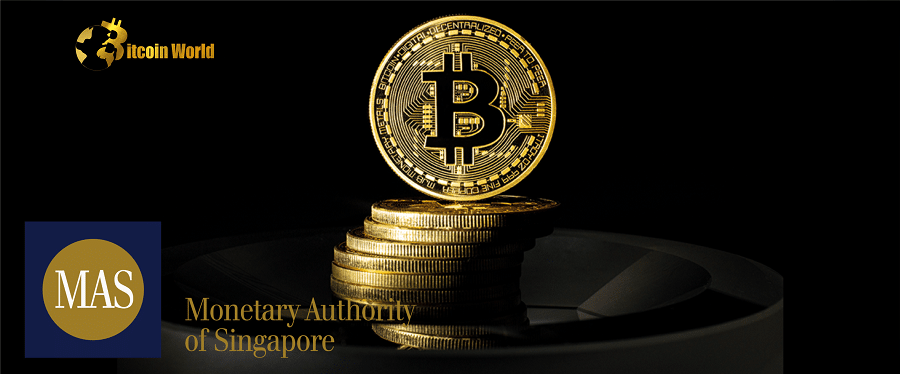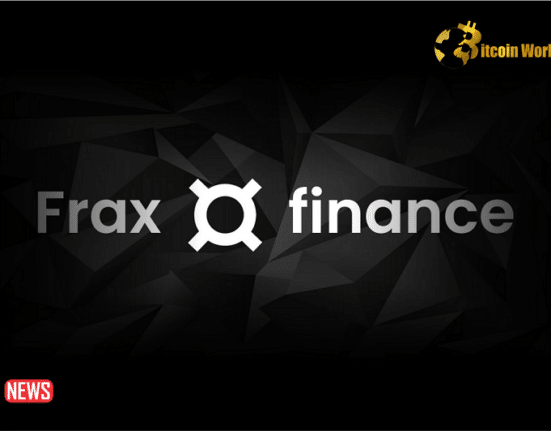Stanley Choi, Reporter for Block Media [Reference] According to a report that was published on the 7th by Bitcoin News, it is anticipated that the collateral ratio for risky assets such as cryptocurrencies will be increased from 1:1 to 1.25:1 in the future by Singapore banks.
As a precaution against potential problems and losses, Singaporean banks are required to keep a reserve of $125 in fiat currency for every $100 held in cryptocurrency.
Temasek Holdings, the sovereign wealth fund of Singapore, suffered a loss of $275 million as a result of the failure of the cryptocurrency exchange FTX, which prompted the Singaporean government to speed up its supervision and regulation of the cryptocurrency market.
Singapore, which has had stringent financial management, wants to be fully prepared for losses or other serious damage that may occur in the future cryptocurrency field. This is because Singapore has had stringent financial management.
“Cryptocurrency assets represent only 0.05% of the total risk weight,” Tharman Shanmugaratnam, Chief Minister of the Monetary Authority of Singapore (MAS), said in a recent statement. “However, MAS does not allow Singapore banks to invest in assets such as Bitcoin and Ethereum.”
In order to have exposure to crypto assets, we will require a risk weight of 1,250%.”
In Singapore, banks are required to maintain a BIS ratio of at least 10%, which indicates that they must have a minimum of $125 in equity for every $100 of exposure to crypto assets such as Bitcoin.
While this was going on, the Deputy Prime Minister of Singapore, Wong, made the following statement: “We will not stop retail investors in Singapore from using foreign cryptocurrency exchanges to invest in cryptocurrencies.”
On the other hand, he reemphasized that “the government and MAS will separate the development of innovative and responsible digital asset ecosystems from cryptocurrency speculation and will not encourage participation by ordinary investors.”















